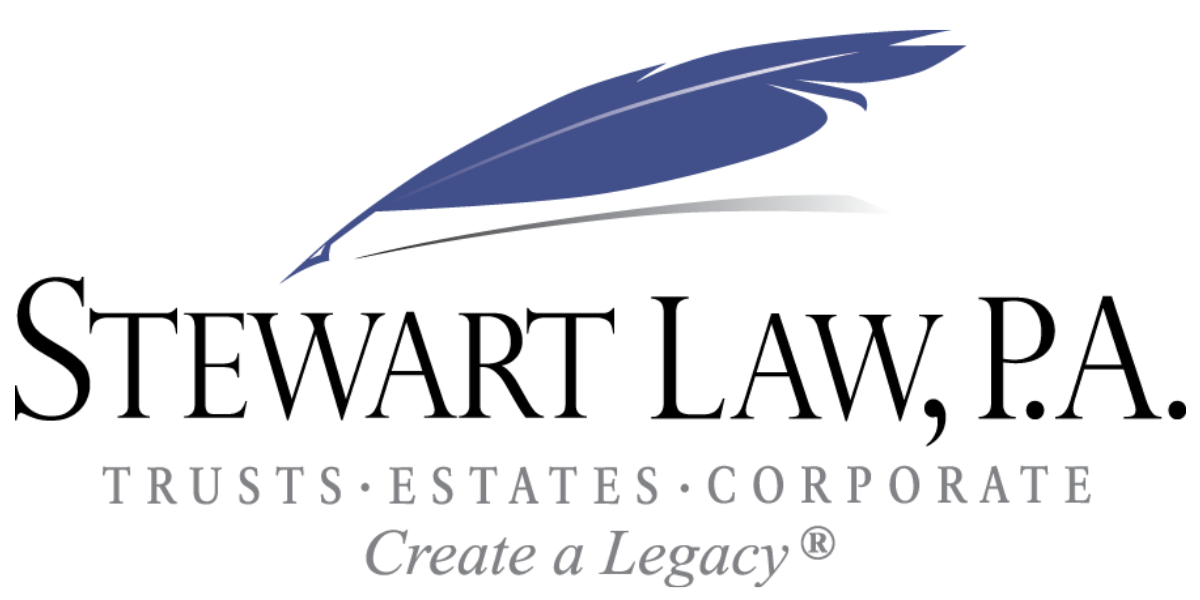Why would I be interested in Qualified Opportunity Zones (QOZs)? This new tax provision was created to spur investment in certain under-performing economic areas known as Qualified Opportunity Zones. You can find a map of North Carolina’s zones here. Investing in a QOZ is one of the few opportunities in the tax code to defer (and possibly eliminate) tax on gains. Thus, you can put the whole amount of your proceeds from a sale to work rather than the proceeds less income taxes. How long can I defer paying taxes on my gain? Until you sell or exchange your interest […]
Read More
By Todd A. Stewart, Founding Partner On May 20, 2019, I was in a program with author Kevin W. McCarthy where he talked about his book, Chief Leadership Officer: Increasing Wealth So Everyone Profits. Many good takeaways and I particularly like the idea of aligning your three bottom lines: Financial, People and Purpose. If you want more information, the website is: http://chiefleadershipofficer.com/. *Intended as general guidance only and not as legal advice.
Read More
Want to pass more wealth to grandchildren? An idea to consider while exemption amounts are high for estate tax and Generation Skipping Transfer (GST) tax is to protect old trusts from the application of the GST tax that can take a big portion of a trust’s assets before they pass to a skip person, like a grandchild. A common example of such a trust is an Irrevocable Life Insurance Trust (ILIT) that was set up when exemption amounts were lower. Since the exemption amounts were not as generous, the advisors may not have recommended using “precious” exemption amounts to protect […]
Read More
Many of our clients who come in to prepare or update their Will ultimately decide to include a Revocable Living Trust (RLT) in their estate plan after learning about the benefits it can provide. These benefits include privacy, avoiding or reducing probate fees and delays, and aiding in the management of their assets during periods of incapacity. If you decide to implement an RLT, you’ll want to fund it by moving assets to it after it’s in place. For an RLT, which is the type of trust that operates as kind of a “Super Will,” you should be adding other […]
Read More
“When is the right time to create an estate plan?” “Am I too young to write a Will?” “Do I have enough assets?” These are a few common questions clients ask when inquiring with our team. Simply put, regardless of age and assets, every adult benefits from having the proper estate planning techniques in place. While the motives of creating an estate plan may vary for each individual, taking the time to create one should be a top priority at every stage of life. Deciding what age you should be when you are ready to create a Will is a […]
Read More
$22.8 Million is probably not a fair approximation of the exclusion amount couples have to protect property from the estate tax. For this to be true, both spouses would need to die before 2026. Otherwise, the language of the Internal Revenue Code appears to make clear that the survivor has at most only two times the then-current exclusion (i.e., after 2026 this is $5 Million X 2 = $10 Million [adjusted for inflation]). One consequence of this is that if you are a surviving spouse who had transferred to them the decedent spouse’s full exclusion, you should consider making additional […]
Read More






